Dhaka, May 13 (V7N) – In a significant political development, the interim government of Bangladesh has issued a formal gazette notification banning all activities of the Awami League under the Anti-Terrorism Act. The Ministry of Home Affairs released the directive on Monday, citing national security concerns and ongoing judicial processes related to crimes under international law.
The announcement was made public through a press release from the interim government’s Press Wing on Tuesday night. The statement clarified that the ban, while comprehensive, does not impede freedom of expression, nor does it apply to analytical, legal, or constructive commentary about the Awami League or the government's actions related to the party.
“This gazette notification shall not be construed as an infringement on the rights of individuals or entities to engage in lawful discourse, analysis, or criticism of the Awami League or the measures taken by the government concerning the party,” the statement read.
Scope of the Ban
According to the government, until the completion of trial proceedings at the International Crimes Tribunal (ICT), all organizational activities of the Awami League and its affiliated bodies are prohibited. This includes—but is not limited to—any form of:
-
Publication and media dissemination (print, broadcast, and online)
-
Social media promotion
-
Rallies, marches, and public gatherings
-
Conferences and other organized events
The ban applies to the Awami League’s central organization, as well as its auxiliary, associate, and like-minded bodies. All leaders, activists, and members of these organizations are subject to the restrictions.
The government emphasized that the decision falls strictly within the purview of legal frameworks and is aimed at preventing disruption and safeguarding public order during a critical judicial process.
Background Context
The Awami League, one of the oldest and most influential political parties in Bangladesh, has been under scrutiny following accusations tied to wartime activities and more recent allegations of organized violence. The interim government has committed to a “neutral and justice-driven approach” during the transitional period.
The use of the Anti-Terrorism Act in this context has already sparked legal and political debate both domestically and internationally. Several human rights observers have called for transparency and proportionality in enforcing such measures.
END/SMA/MSS/



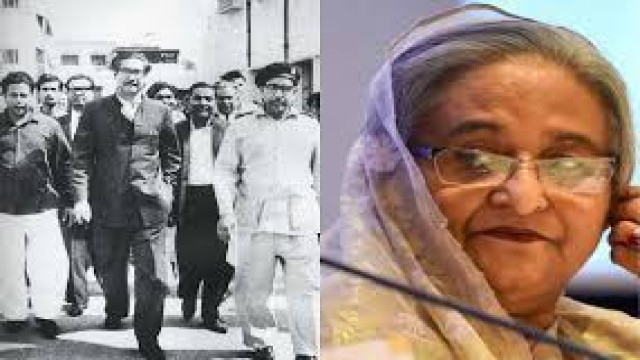
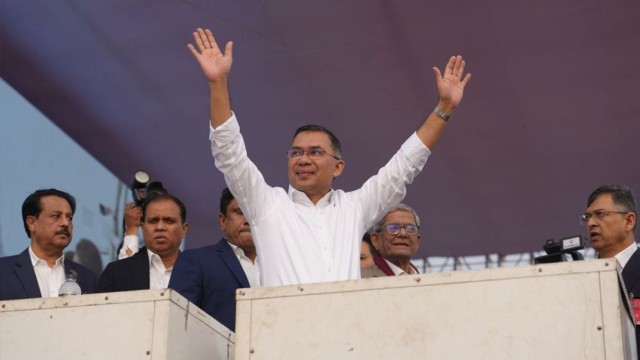
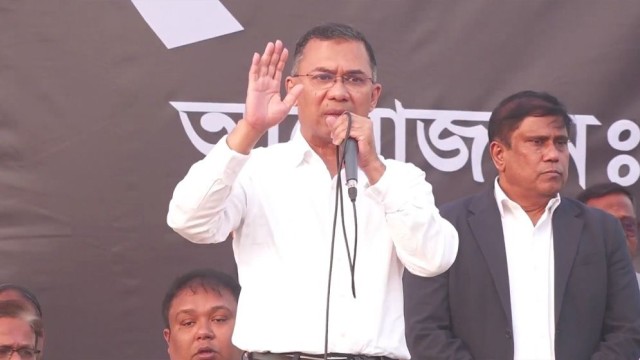
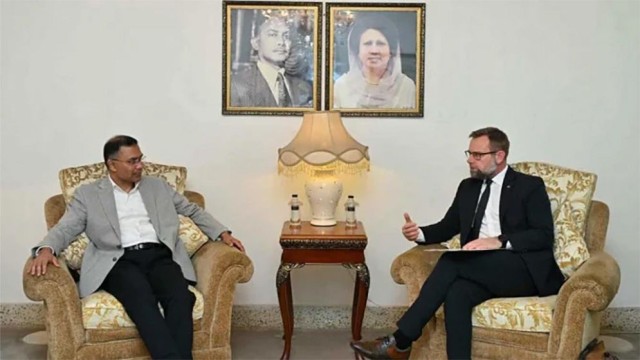
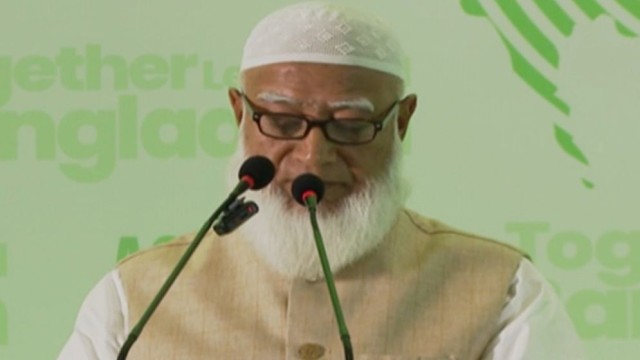

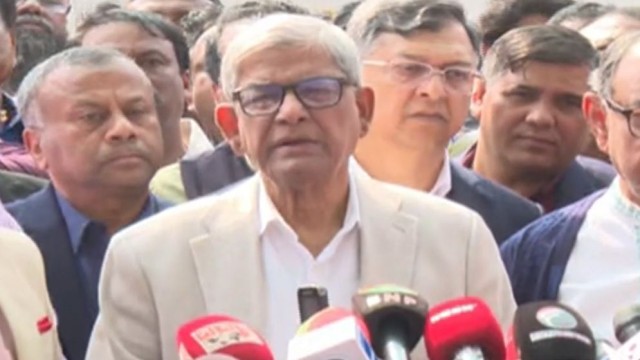
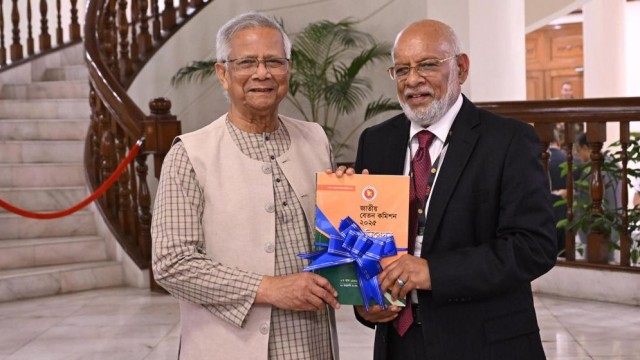
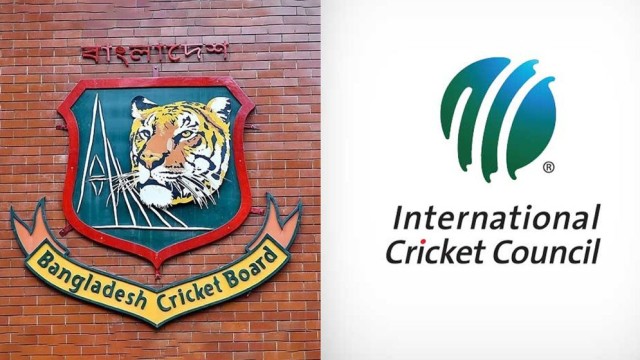
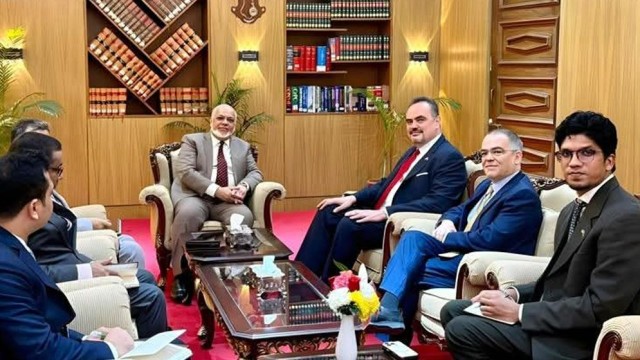

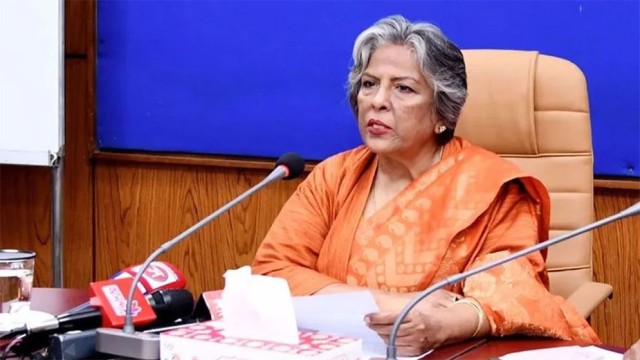
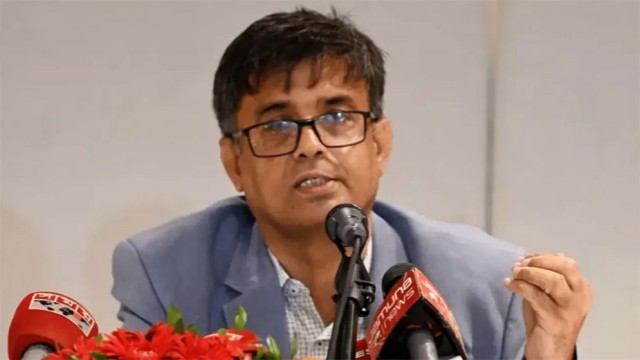

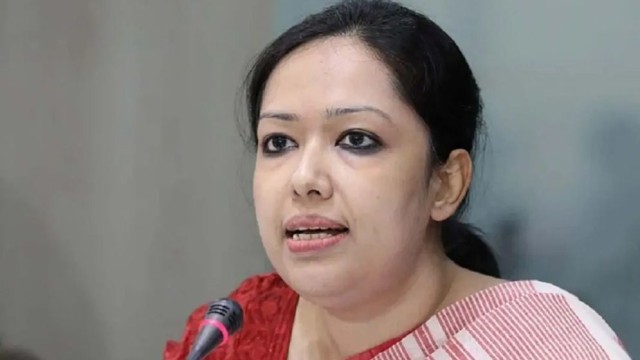
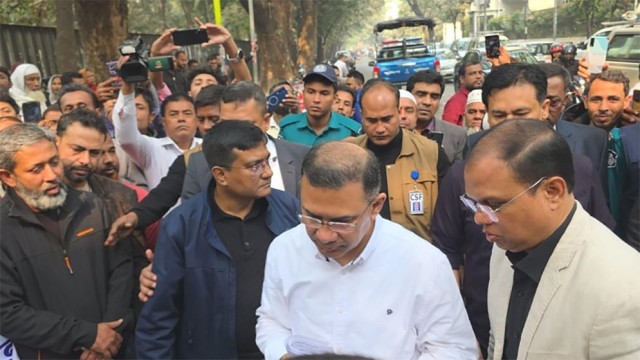
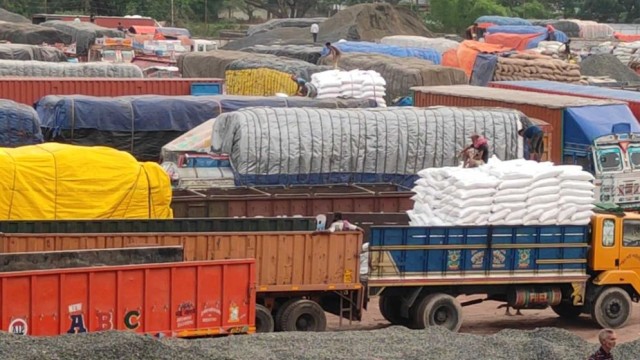









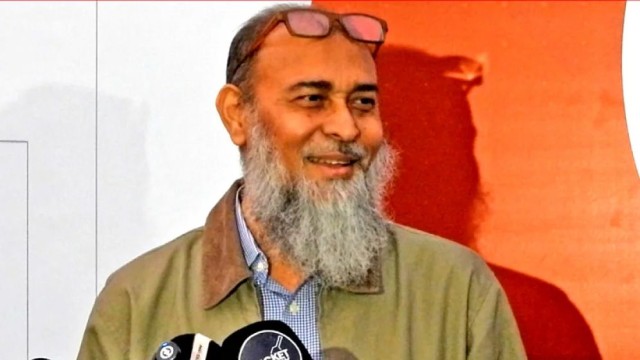

Comment: